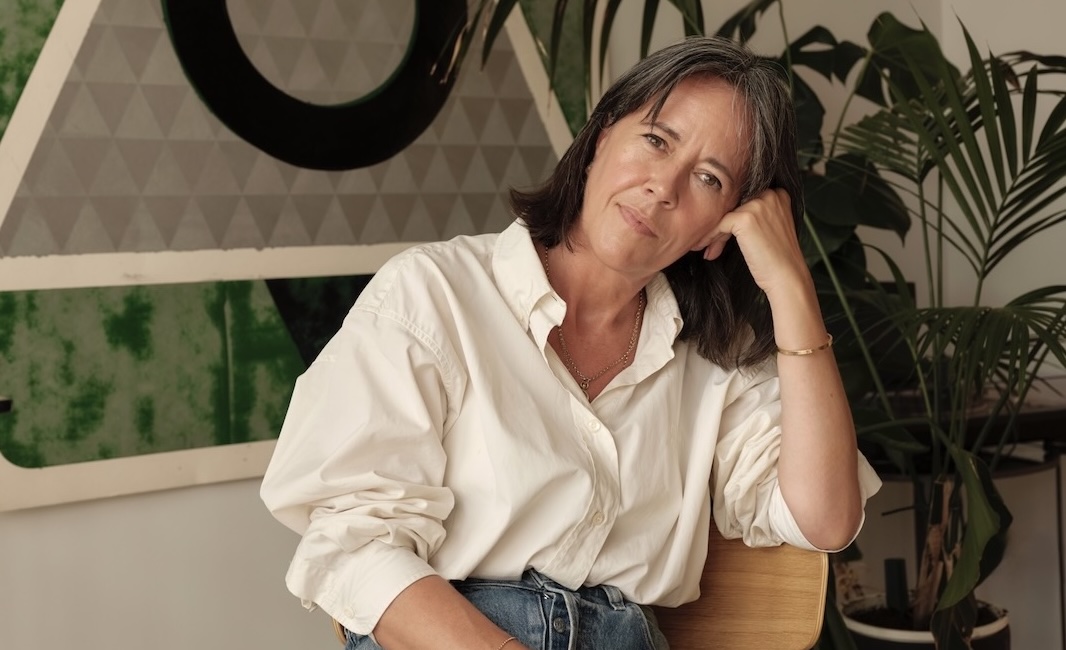Life-Friendly Hospitality: Why the Future Belongs to Nature
Margaret Meets
Philippa Wagner
This summer, in our Cultural Shifts Summer 2025, we explored six major trends shaping the cultural landscape. Among them was Grounded Living – a reflection on how, in an age of digital saturation and fractured attention, people are seeking deeper reconnection with the natural world. More than a passing lifestyle trend, Grounded Living speaks to a fundamental shift: a growing recognition that our wellbeing, creativity, and future prosperity are bound up with how we live alongside nature. From forest bathing to regenerative travel, the signals point to an urgent need for authenticity and balance – both in how we experience daily life and in how industries respond.
One particular area where we’re tracking considerable shifts is travel and hospitality. To explore this further, we spoke with Margaret collaborator Philippa Wagner, Creative Strategy Director and Founder of PeoplePlacesSpaces. A leading voice in hospitality and brand strategy, whose insights on this trend are included in the report, Philippa brings global insight from her work with developers, operators and design teams on creating people-first, future-driven guest experiences. In this conversation, Philippa reflects on how the hospitality industry is evolving from curated, “manufactured” wellness experiences to more authentic models that act as facilitators of connection – to nature, to community, and to ourselves.
Keep scrolling for the full interview with Philippa and to delve into the trend.
Tap HERE to explore our Cultural Shifts Summer 2025. Margaret uses insights from our Trends Reports to craft culturally relevant campaigns that stand for something. Want to collaborate? Say hello.
M x
Q: Why is realigning the nervous system becoming the new luxury?
A: We’re living in a state of constant digital overwhelm. People are craving spaces that actually let their bodies and minds settle – not just spa treatments or wellness programming, but environments designed to help you properly decompress and reconnect with yourself. We all need that reset, that chance to feel completely at ease – not to escape life, but to come back to it feeling more like ourselves. The luxury isn’t about what you add anymore; it’s about what you take away. When hotels can offer genuine nervous system regulation through thoughtful design and natural connection, that becomes the ultimate indulgence – the chance to actually listen to yourself again.
Q: Why do you think the desire to reconnect with nature has become such a powerful force in culture today?
A: Building on that nervous system piece – life-friendly hospitality means designing with all living systems in mind, not just human guests. It’s about creating spaces that enhance rather than extract from their environment. This matters now because people want to feel good about where they stay. They’re looking for destinations that give back more than they take, places that restore balance rather than just consume resources. At its core, hospitality has always been about connection – and life-friendly hospitality is about creating spaces people want to come to because that’s where they remember who they are and how we fit into the bigger picture.
Q: Can you tell us one feature or idea from Crafted that embodies this nature-first approach?
A: The lake at Crafted Powdermills perfectly shows how this thinking works in practice. When we were developing the strategy, we identified six brand pillars – craft, wellbeing, nature, food, social, and play – all rooted in this idea that spaces should enhance rather than extract from their environment and help people reconnect with themselves and each other. The lake is where these all come together naturally. It’s where craft meets nature through wild swimming, where wellbeing happens without forcing it, where social connections form organically around shared experiences, and where play becomes instinctive again. When you design with nature as your guide rather than your backdrop, you don’t need to create endless programming – people will just naturally gravitate towards what feels good. It’s honestly the perfect example of getting out of your own way and letting the space do the work.
Q: What small change can any hotel or space make today to start aligning with this shift?
A: An easy yet strangely hard one for the industry to shift is flexible checkout times. Hyll Hotel are doing this when they open this summer – extending checkout for unscheduled wandering. Most hotels rush guests out by 11am, but if you’re serious about nervous system regulation and letting people reconnect with themselves, that takes time. You can’t manufacture that reset on a schedule. Let people have slower mornings, encourage them to sit in your garden or walk your grounds without an agenda. It costs nothing but transforms the entire experience from transactional to restorative. It’s about getting out of your own way and giving people permission to just be rather than constantly do – no programming required.
Q: What’s one question every hospitality brand should be asking themselves right now?
A: Are we helping guests consume experiences or contribute to something meaningful? The future belongs to brands that can honestly say they’re leaving places and people better than they found them. That shift from consumption to contribution is what separates the brands that’ll thrive from those that won’t.


